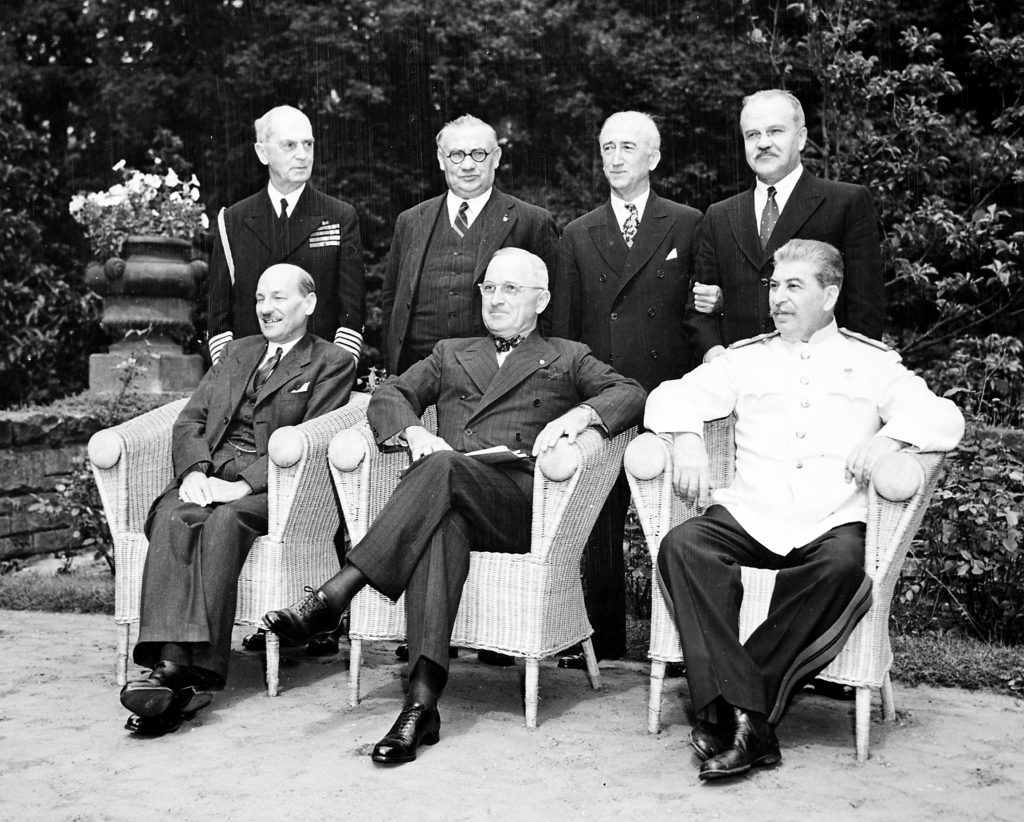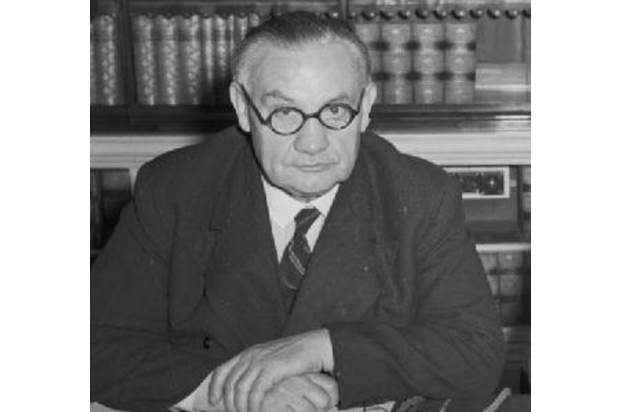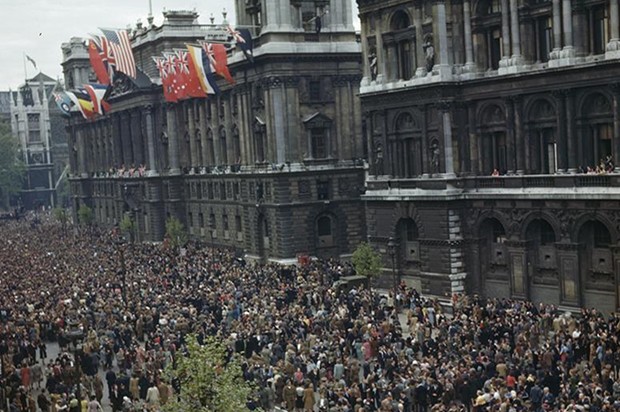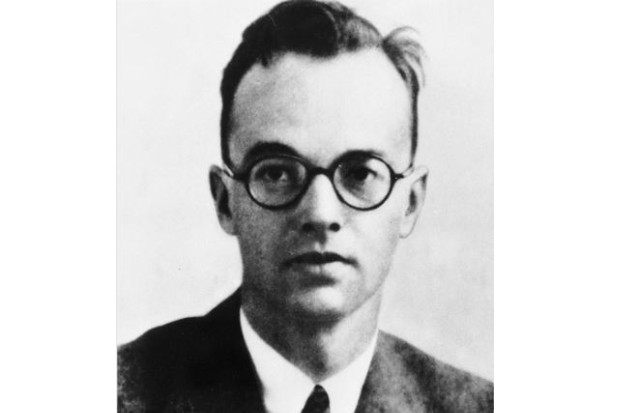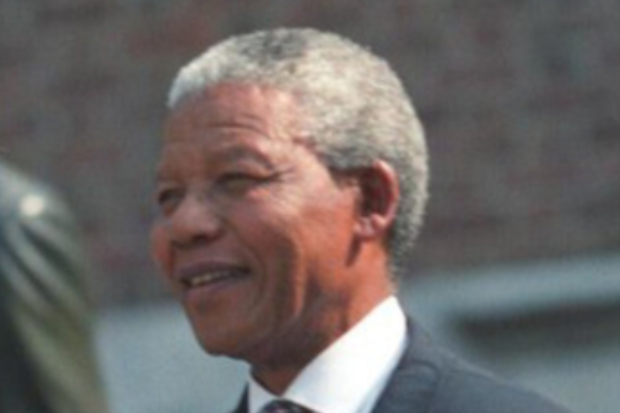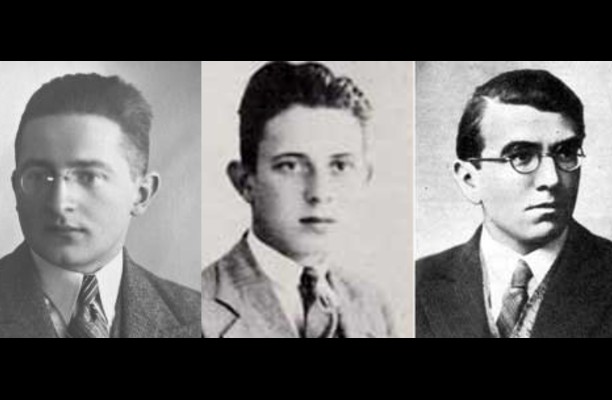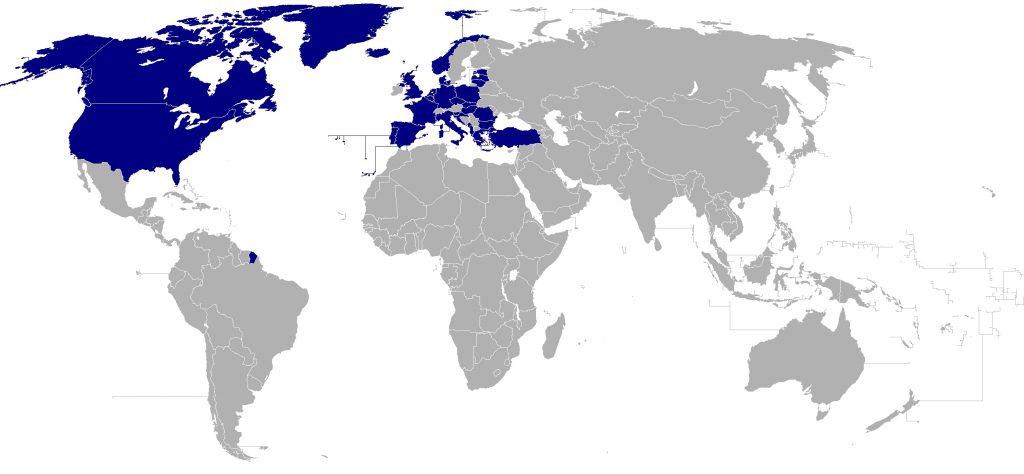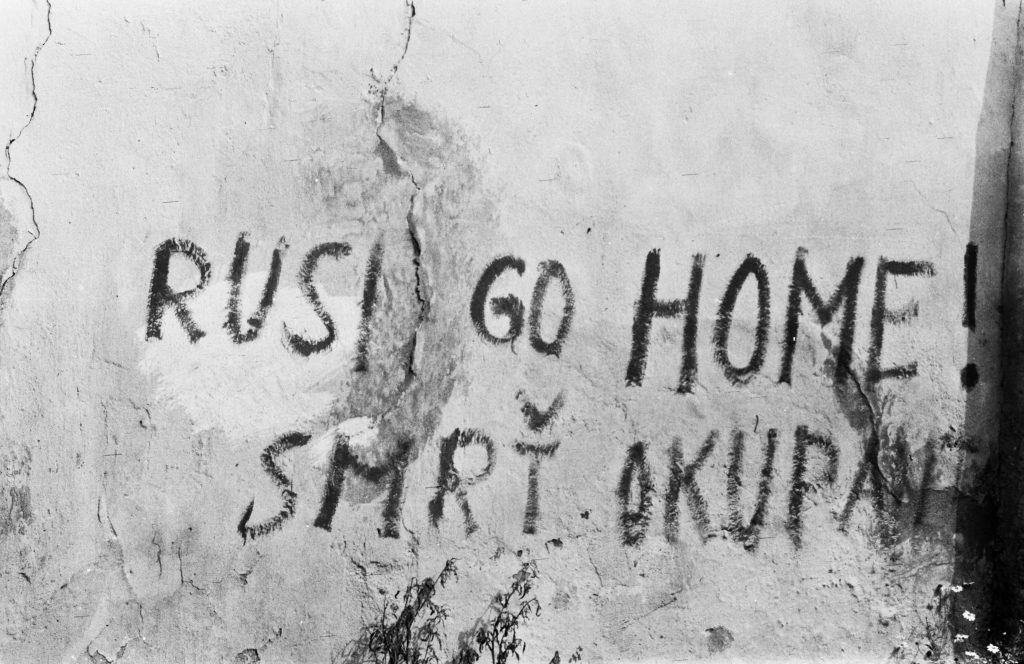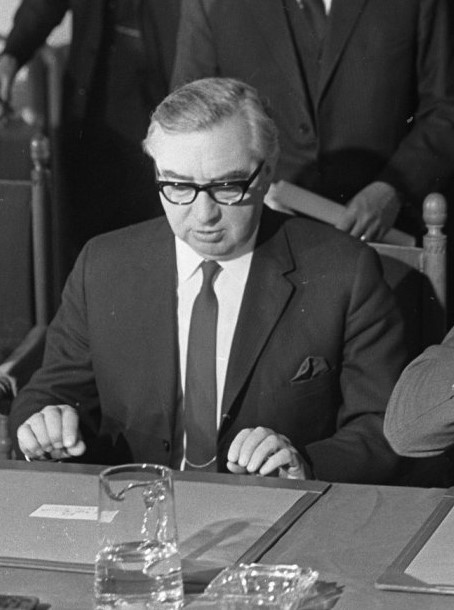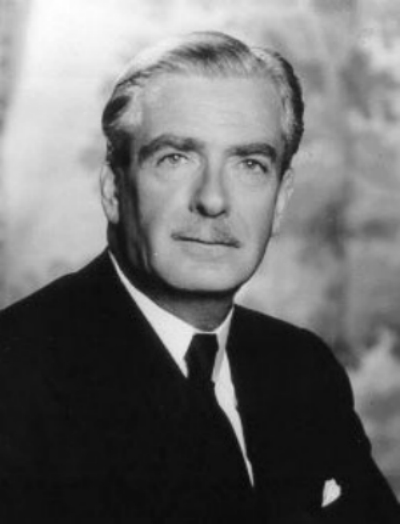What's the context? series
On 17 July 1945 the last of the great tripartite wartime conferences between the US, the UK and Russia opened at Potsdam, near Berlin. All the major issues facing the postwar world were discussed there.
The outbreak of the Korean War on 25 June 1950 caught Western governments by surprise, despite warning signs. Western strategists had assumed that North Korea was a Soviet puppet, and that no one wanted a war.
VE Day in 1945 was the cause of much celebration. But in a broader global context, many conflicts persisted and the future remained uncertain.
The conviction of atomic scientist Klaus Fuchs on 1 March 1950 for spying for the Soviet Union put a strain on Anglo-American nuclear co-operation, in the context of a broader divergence of views on foreign policy priorities.
Nelson Mandela’s release on 11 February 1990, after 27 years in jail, symbolised the end of apartheid in South Africa. It was a tribute to one man’s endurance. It was also the result of decades of political, economic and social change that had brought apartheid to the brink of destruction.
On 26 July 1939, in a forest near Warsaw, Polish code breakers told their British colleagues how they had cracked the German Enigma code. As war against Nazi Germany approached, the meeting symbolised the importance of political, as well as intelligence co-operation in the struggle ahead.
NATO remains the cornerstone of Western security. But as it celebrates its 70th birthday, it is worth remembering the part played in the negotiations by other regions such as Latin America, Africa and the Asia-Pacific.
...Czechoslovakian reform movement. Evidence of supposed ‘Western plots’ was manufactured, while up to 20 ‘illegals’, posing as Western tourists, students and businessmen, were sent to Czechoslovakia in an operation codenamed...
...US government who gave him a hard time in Washington. Britain could not sustain a large military presence in the Far East and Middle East as well as Europe without...
...Mussolini also hoped to avoid war with Britain while achieving their own ambitions. Mussolini was agitating for recognition of his conquest of Ethiopia, and sought dominance in the Mediterranean; Hitler,...
